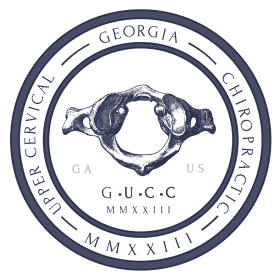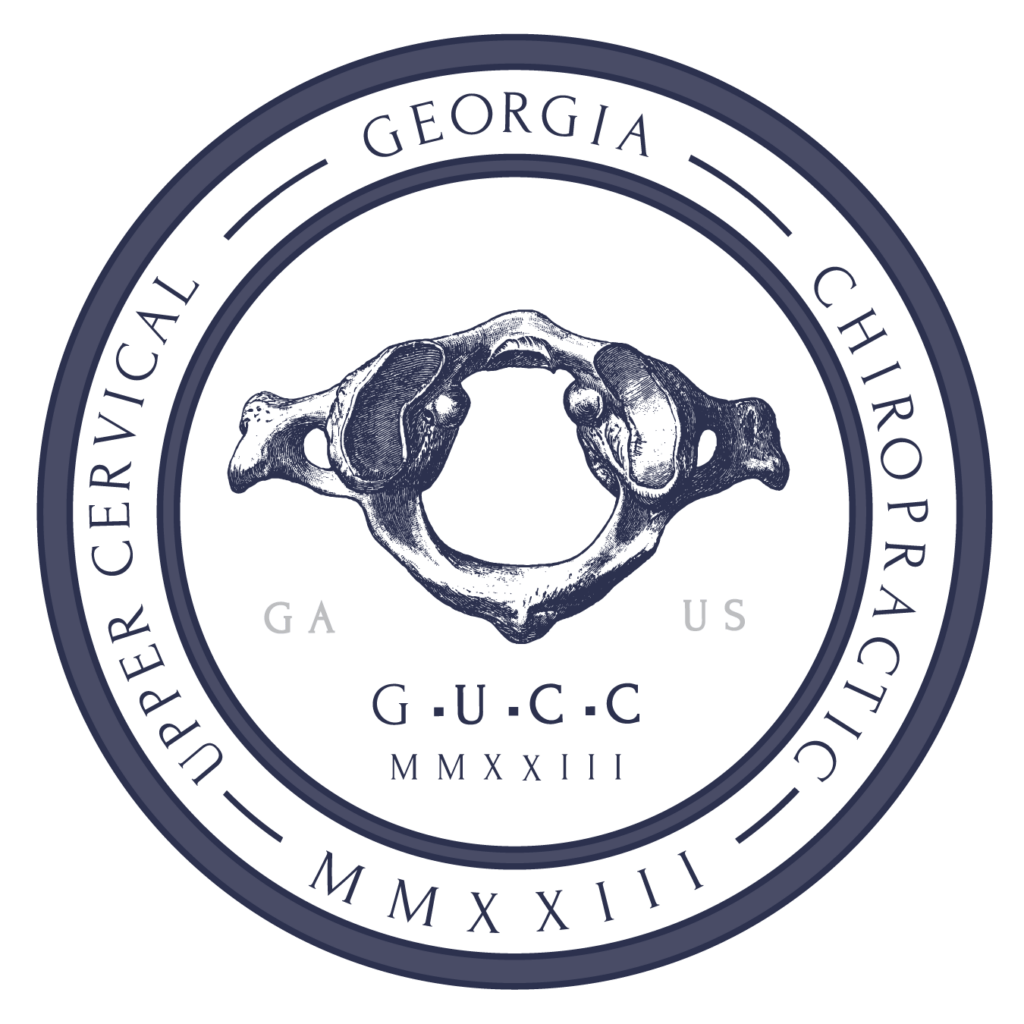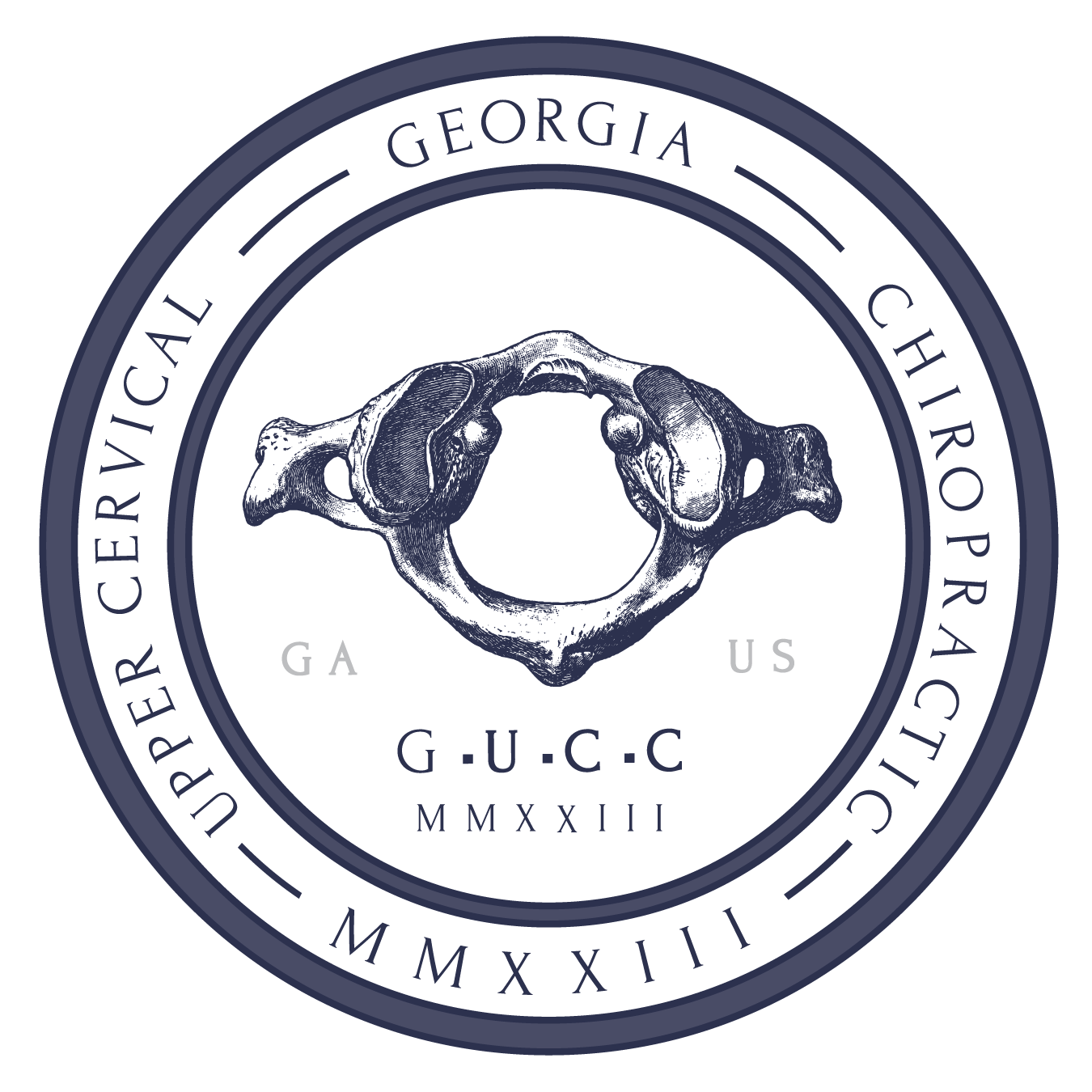We can help you stop vertigo before it starts.
Vertigo is a common condition, affecting as many as 40% of adults in the U.S. at some stage in their lives. Though a complete cure is elusive, many find their symptoms improve when they address the root causes of their vertigo.
At Georgia Upper Cervical Chiropractic, we focus on alleviating vertigo symptoms through precise adjustments to the upper cervical spine. Our team equips patients with effective vertigo management exercises, tailored for convenience and effectiveness at home.
What causes vertigo?
The strategy for vertigo management is highly personalized, as vertigo itself is a symptom, not a standalone condition. It often stems from problems within the inner ear or vestibular system, influenced by factors like sudden head movements, posture changes, migraines, or certain medications.
Understanding the difference between vertigo and dizziness is crucial; vertigo involves a spinning sensation that can lead to balance issues and nausea, while dizziness is more about feeling light-headed.

What is the difference between vertigo and dizziness? The difference between vertigo and dizziness is the sensation you feel. A feeling of dizziness may leave you unsteady or lightheaded. Vertigo is a spinning sensation that can make you feel off-balance, even nauseous.
Vertigo is categorized into three main types: peripheral, central, and cervical.
Understand your vertigo symptoms.
Peripheral vertigo, the most common form, is linked to inner ear disorders. Notable examples include benign paroxysmal positional vertigo (BPPV) and Meniere’s disease, with BPPV caused by the dislocation of calcium crystals within the ear.
Meniere’s disease involves abnormal fluid dynamics in the ear, potentially leading to progressive hearing loss.
Central vertigo relates to the brain or central nervous system and includes conditions such as multiple sclerosis, brain tumors, or seizures, all of which can present vertigo as a symptom.
Cervical vertigo, also known as cervicogenic dizziness, typically follows a neck injury and can manifest as neck pain and back pain, visual disturbances, and earaches.
Identifying and treating the root cause of vertigo is essential for effective management. Our Cumming clinic, Georgia Upper Cervical Chiropractic, adopts a holistic approach to vertigo treatment, aiming for comprehensive care.
Chiropractic care can keep vertigo at bay.
Cervical vertigo may be attributed to misalignments in the upper cervical spine. Employing gentle chiropractic adjustments and vertigo-specific exercises like the Brandt-Daroff or Epley maneuver, we aim to alleviate symptoms across all vertigo types.
Can chiropractic care address dizziness from inner ear issues? Absolutely, by enhancing the performance of the vestibular system, chiropractic interventions can reduce vertigo episodes and decrease dependence on medication.
Georgia Upper
Cervical Chiropractic in Cumming is dedicated to offering advanced vertigo treatment techniques, focusing on realigning vertebrae that could be the source of your vertigo. It’s time for a change in direction.
We are proud to serve the Cumming, GA community and surrounding areas in Georgia. Get in touch with us to book your consultation and embark on a journey toward vertigo relief.


